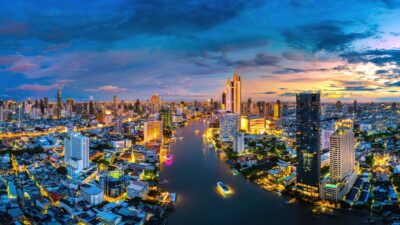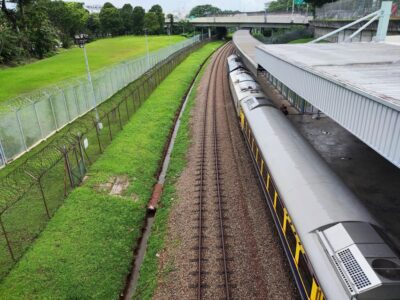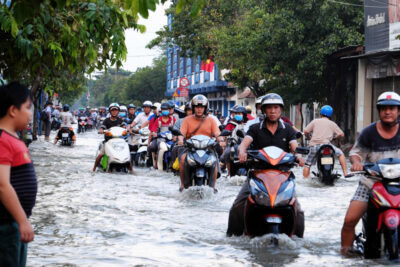Asia-Pacific data centres multiplying on robust demand
First-tier markets strained for capacity as demand from international corporates soar

The data centre market continues to expand in Asia Pacific due to strong demand from large technology and global cloud corporates in the US and China, according to a new report by CBRE.
Colocation supply in Hong Kong, Singapore, Sydney and Tokyo — the region’s top-tier markets for data centres — totalled 1,119 megawatts (MW) in the first quarter of 2019, the consultancy noted.
Including the second-tier markets of Beijing, Shanghai, Seoul, Mumbai, Chennai and Jakarta, colocation supply across Asia-Pacific totalled 1,772MW during the quarter.
Singapore, the largest data centre market in Asia-Pacific, will remain a tenants’ and end-users’ market, thanks to 177.2MW in new supply from 2019 to 2021. Existing supply in the city-state, the “best-connected tier I market in Asia Pacific”, hit 359.8MW in the first quarter, CBRE noted.
More: Cambodia catches with ASEAN neighbours to become a data centre hub
With a total capacity of 299.5MW, Hong Kong data centres boast an occupancy rate of 92 percent, with upcoming supply of 50MW expected to “relieve pressure for diversity in the short to medium term” in the next three years, CBRE stated.
“Demand for colocation space is primarily driven by Chinese cloud companies looking for cross-border expansion. Other key drivers include US tech giants seeking a foothold in Asia, as well as financial institutions.”
Known for plenty of cable landing stations connecting it to the US, Tokyo already has 89 percent of fitted capacity occupied. Around 204.0MW will be added to its existing capacity of 225MW in the next three years.
Sydney, on the other hand, prides itself in its speed to market, which usually takes six to eight months less than other tier I markets, CBRE noted. Overall occupancy is 61 percent with 235.4MW in existing capacity and 97.4MW in the pipeline.
Recommended
Thailand advances digital finance with blockchain real estate push
Issues over marrying blockchain incentives to a physical asset class is hampering Thailand’s digital finance push
Johor Bahru emerges as a key economic partner to Singapore
Once regarded as a poor relation across the causeway, Johor Bahru is cementing its status as an integrated economic partner to Singapore
Vietnam sets new rules to reward clean energy producers
Vietnam’s government has passed new regulations allowing homeowners and landlords to sell solar power back to the national grid for the first time
Bangkok developers shift focus to safer low-rise and suburban projects
Concerns over Bangkok’s seismic safety in the wake of the recent Myanmar earthquake have prompted a shift toward low-rise developments







